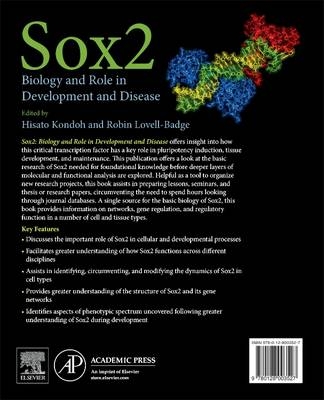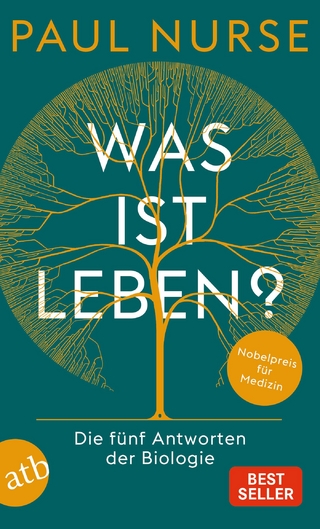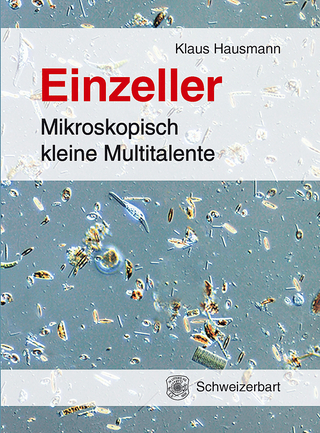
Sox2
Academic Press Inc (Verlag)
978-0-12-800352-7 (ISBN)
Helpful as a tool to organize new research projects, the book assists with preparing lessons, seminars, and thesis or research papers, thereby circumventing the need to spend hours searching through journal databases. A single source for the basic biology of Sox2, Sox2: Biology and Its Role in Development and Disease provides information on networks, gene regulation, and regulatory function in a number of cell types and tissues types.
Hisato Kondoh, Ph.D. is a Professor of the Faculty of Biosciences at Kyoto Sangyo University, Japan. He received his B.Sc. and Ph.D. in Biophysics from the Kyoto University Faculty of Sciences. After conducting his postdoctoral study at the Department of Biochemistry, University of Wisconsin-Madison, USA, he was appointed as Assistant Professor in 1978 and then as Associate professor at the Faculty of Science, Kyoto University. In 1988, Dr. Kondoh moved to the Nagoya University School of Sciences as a full Professor of the Department of Molecular Biology. In 1993, he joined the Institute for Molecular and Cellular Biology, Osaka University, and served as Director of the Institute from 1998 to 2002. He then joined the Graduate School of Frontier Biosciences at Osaka University and served as the Dean of the School from 2006 to 2008. Since 2014, he assumes the present position. Robin Lovell-Badge is a developmental biologist, geneticist and stem cell biologist at NIMR in London. He obtained his PhD in Embryology at University College London in 1978, carrying out mouse stem cell and embryo research with Martin Evans. After postdoctoral research in Cambridge, also with Martin Evans, and then in Paris, he established his independent laboratory in 1982 at the MRC Mammalian Development Unit, University College, London, directed by Anne McLaren. In 1988 he moved to the MRC National Institute for Medical Research (which was incorporated into the Francis Crick Institute in April 2015), becoming Head of Division in 1993. His lab discovered the first members of the Sox gene family, along with Sry, the Y-linked sex determining gene, in 1990. He has had long-standing interests in the biology of stem cells, in how genes work in the context of embryo development, and how decisions of cell fate are made. Major themes of his current work include sex determination, development of the nervous system and pituitary, and the biology of stem cells within the early embryo, the CNS and the pituitary. He is also very active in both public engagement and policy work, notably around stem cells, genetics, human embryo and animal research, and in ways science is regulated and disseminated. He was elected a member of EMBO in 1993, a Fellow of the Academy of Medical Sciences in 1999, and a fellow of the Royal Society in 2001. He has received the Louis Jeantet Prize for Medicine (1995), the Amory Prize (Awarded by the American Academy of Arts and Sciences) (1996), the Feldberg Foundation Prize (2008), and the Waddington Medal of the British Society for Developmental Biology (2010). He is also an honorary professor at University College, London and a Distinguished Visiting Professor at the University of Hong Kong.
Part 1: Basic features of Sox2 protein and gene Part 2: Gene regulatory networks centered by Sox2 Part 3: Sox2 regulatory functions in specific cells and tissues
| Verlagsort | San Diego |
|---|---|
| Sprache | englisch |
| Maße | 191 x 235 mm |
| Gewicht | 840 g |
| Themenwelt | Naturwissenschaften ► Biologie ► Zellbiologie |
| ISBN-10 | 0-12-800352-9 / 0128003529 |
| ISBN-13 | 978-0-12-800352-7 / 9780128003527 |
| Zustand | Neuware |
| Haben Sie eine Frage zum Produkt? |
aus dem Bereich


